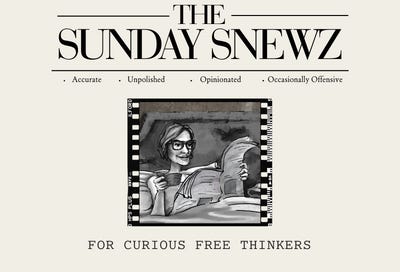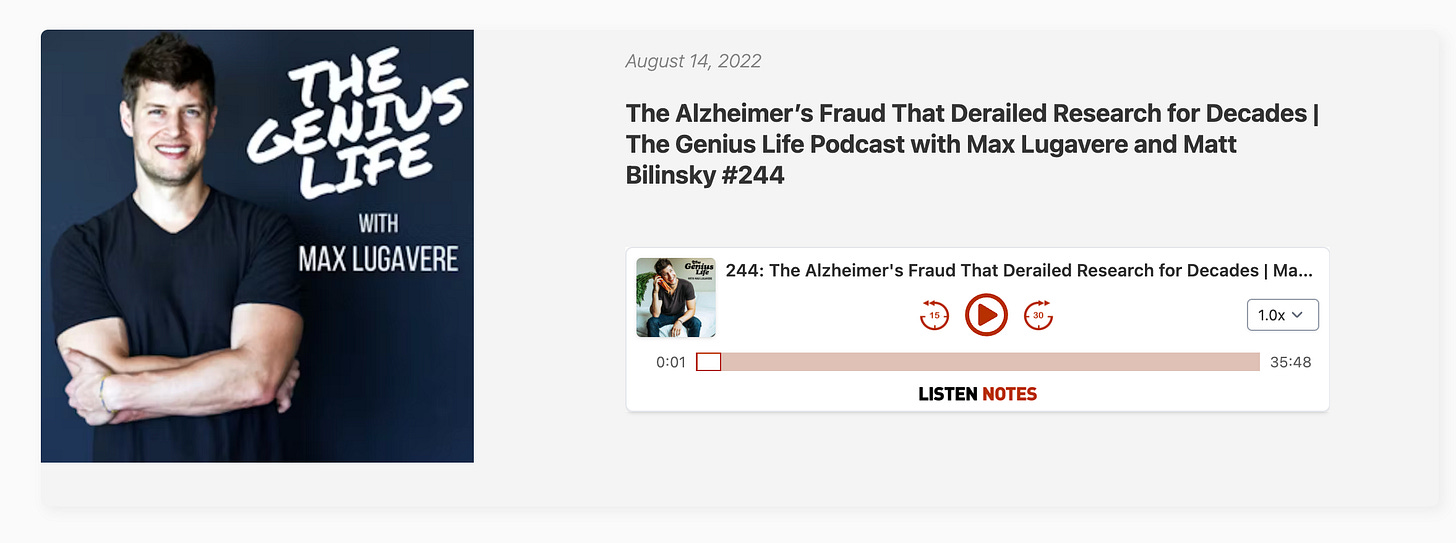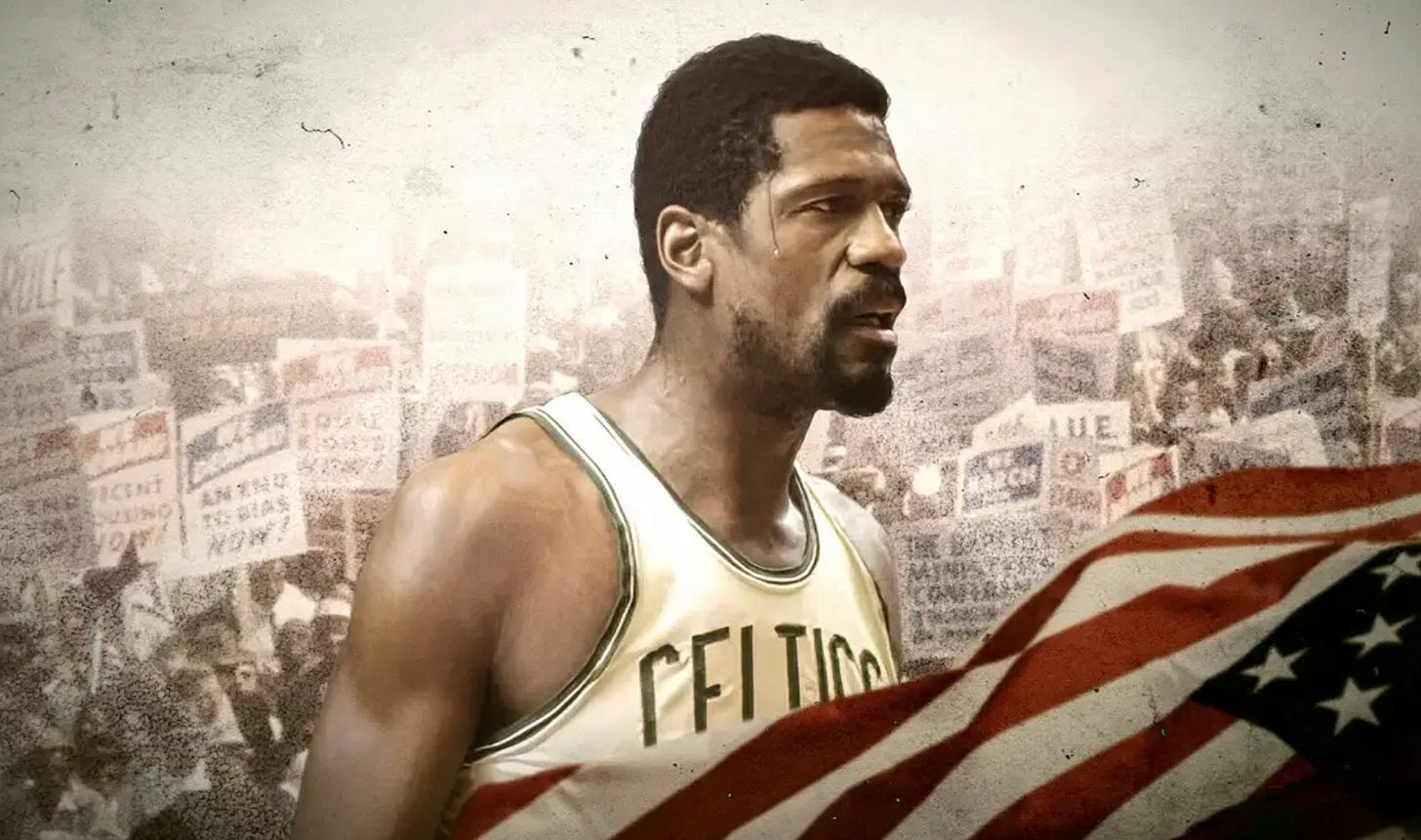The word hope always leaves me torn. Hoping something will go your way, or hoping things turn out for the best has always felt like a cop-out. Yeah, yeah - stop hoping and starting doing. Things might just work out for you if you get off your ass and do something instead of hoping for it. But at the same time, it’s not as if I encourage people to be hopeless. That would be tragic. We need to be hopeful. We need to have hope that things in fact can be better. I’m certainly full of hope in many different areas of my own life. So how do I reconcile these two things?
I participated in a discussion via zoom this week between Dr. Iain McGilchrist (a person who can single handedly improve the world with his books, if enough people take the time to read them) and a lovely woman named Isabela Granic, a researcher, teacher and facilitator who specializes in enhancing human flourishing. The purpose of their talk was to address the importance of bringing Dr. McGilchrist’s work to the attention of young people. As it stands, our world is on the brink of collapse and therefore, addressing individual issues isn’t going to cut it. We need a complete shift in mindset, which for the future of civilization lies heavily in the hands of young people. Granic has made this her life’s work and while a great deal of the discussion felt somewhat heavy, with issues seemingly too great to resolve, Granic said something that struck me in terms of hope. As she answered a question from the audience on what to do with young people and the overwhelming role of technology in their lives, she said this, “we have to remember to be kind and patient with ourselves. The technology at our fingertips is new in terms of human history and we are inevitably going to screw it up, big time, before we figure it all out.” On an issue that plagues my family as much as any other, this gave me hope. That’s when it dawned on me - hope as a verb turns my stomach, hope as a noun on the other hand - well, it gives me hope. Eww, did I just define a word by using the word?
To hope (v.) means to want something to happen or be the case. Lazy. Passive. Wishful thinking best left to fairytales and princesses wishing upon a star.
Hope (n.) is a feeling of expectation for a certain thing to happen or grounds for believing that something good may happen. In order to have grounds for having hope, you must create it. Actionable. I love it.
Unlike many of the other zoom meetings I attend in the McGilchrist group, this one had a a good number of younger attendees. People from all over the world - one young woman from Switzerland, only 21 years old. Asking questions as if her future depends on it, because it does. The philosophical nature of these talks and the complexity of prerequisite knowledge usually only draws a crowd in the second half of life. I was so inspired and hopeful to see these young faces.
Next week is the kick-off of my Friendtorship Cohort and I was delighted to see a young lady, only 23 years old will be joining us. She took the time to apply for my Friendtorship program, which required extensive explanation as to what she’s hoping to change in her life and a lot of vulnerability. I cannot stress the enough the delight I feel in seeing someone so young taking big steps in creating a flourishing life.
All of this got me to thinking - there is so much hope to be had when I interact personally with people, instead of spending so much time in the virtual world (yes the zoom meetings are virtual, but I’m seeing faces and having real live conversations.) Although I’m careful about how much time I spend on technology in general, this week I shifted my attention entirely away from my phone, the news, Twitter and Instagram. Instead I looked for messages of hope in the physical world around me and whatdaya know - I found plenty!
In the world of health and wellness, there are more people who know next to nothing giving advice as there are sound experts. Thanks in most part to the internet and age of endless information. Remember, there’s a big difference between information and knowledge, let alone wisdom and we are drowning in the former and significantly lacking in the latter. Evidenced by a podcast clip about Alzheimer’s a friend of mine shared on her IG story this week.
In the clip, the speaker claimed the one thing women need to do to avoid Alzheimers is to take estrogen after menopause. Excuse me? I didn’t waste time listening beyond the 90 second reel to find out where this yahoo was getting his information but I did shout at my screen that he fails to recognize estrogen dominance plays a critical role in the development of breast cancer. Additionally, estrogen dominance is linked to allergies, fibroids, autoimmune disorders, uterine cancer, infertility, ovarian cysts, and increased blood clotting. So if it spares you from Alzheimers, it’s only because you’re dead long before your memory fades. Shit like this enrages me. As a sufferer of estrogen dominance, this conversation is near and dear to my heart and I’m grateful I’ve worked with functional medicine doctors over the years who have properly educated me. The simplest way to think about things is to always go back to what your body does naturally. Menopause IS the lowering of estrogen (and other hormones.) As hormones begin to drop in middle age - adding estrogen back is the exact opposite of what your body is naturally attempting to do. The female body has been going through menopause for quite a bit longer than modern medicine has existed - trust your body.
The clip wasn’t even credible enough for me to remember the name of the show but it did prompt me to share the name of a valuable source of info. on the topic of Alzheimers - Max Lugavere. He’s non-dogmatic, humble, exceptionally intelligent and most importantly, never stops evolving his positions on matters of health. Kinda reminds me of someone else I know;) When I stepped away from the world of fitness and nutrition, I turned my attention to a handful of people I believe to be like-minded and have it right. Max is the top of the list! Be sure to check out this podcast on the truth behind Alzheimers and how fraud within the medical research community derailed research for decades.
There’s hope for truth in health and wellness, when you know who to trust.
While steering clear of the news this week, I did pop onto Instagram last night in an attempt to find something hopeful in the world of politics. Didn’t I just warn against wishing on a star?
As the app popped open, the first post I saw was of an 8 year old migrant girl at the southern border, raped and discovered to have 67 different DNA samples inside of her. Words I couldn’t bear to read and apologetically share here.
While Trump was in office, we saw countless images of children ripped from their mother’s arms, dirty, scared and caged like little animals in detention centers. Now that Biden is in charge, there is no question the situation is much worse. As far back as 2014 Huffpost (now irrelevant as a news source) reported that 80% of Latin American women were raped crossing the border. And in late last year, a fellow Substack writer,
wrote a piece headlined by an 11 year old girl found with 22 different semen samples inside of her.To be perfectly honest, I’m not sure either party really gives a shit about these people, aside from making good political pawns in the stories they’re trying to tell. What I do know is the story of illegal-immigration as a journey for people who were born in less fortunate circumstances hoping for a better life is a lie. These people are in deed hopeful for a better life, but they aren’t finding it coming illegally across our border.
I’m not so hopeful that’ll change anytime soon.
Someone who found hope because of the actions he was willing to take to create it, is the legendary Bill Russell. In case you aren’t familiar, Bill Russell was a professional basketball player and often considered one of the best players of all time. I recently watched the Netflix documentary Legend where I learned of his heroic actions beyond the basketball court and subsequently bought his book, Go Up for Glory and his ground breaking memoir, Second Wind. Born in 1934, Russell joined the Boston Celtics in 1956 at a time when there were only 15 black players in the NBA. As an ever increasing number of black athletes joined the league, there was fear amongst owners and coaches that if they did not set a quota limiting each team to two black players, “the league would be 75% black in five years.” They were nearly right - it’s 80% today.
While Russell has a laundry list of athletic accomplishments, like being both player and coach - at the same time, and a total of 11 championship rings, his most impressive work by far was done outside of sports. Facing the same racism most black Americans were facing at the time, regardless of his fame, he put integrity before sports. Initially refusing induction into The Hall of Fame because they had inducted people who once threatened to boycott arenas if black players were drafted.
I won’t spoil it for you, but Russell describes a scene in both the book and the documentary when he and his family were being denied the right to buy a home in an all-white neighborhood. He wouldn’t back down despite the neighbors protesting and he ultimately forced the purchase. When his wife expressed concern for their children, asking “but who will play with them? What will white neighborhoods say to them?” Bill replied, “I’m doing this for our children. I couldn’t look them in the face if I put up with this sort of behavior.” Russell goes on to describe their return home one night to find their home trashed, the word “nigga” written on the wall in human shit.
Imagine yourself in Russell’s shoes. There was no reason to have hope that things would change - so he created hope through his actions.
This is a man you want to get to know. Impossible now as he passed away in July of last year, at the age of 88 but watch the documentary, read the books and follow his lead with your actions.
Those of you who are Gen X or prior will remember the days when the nightly news was the only glimpse you got into the chaos of the world. Local news came on at 5pm, followed by the World News a half hour later. After spending the entire broadcast telling stories of gas station robberies and showing mug shots of men in wife-beater tank tops and battered families cowering in the lower right hand corner, leaving no question how the shirts got their name, the teleprompter dependent anchors would always leave you with a feel-good story. Puppies snuggled together in a box after being discarded by the roadside or a happy little rabbit named Floppy who visited the School for the Deaf and Blind and lifted all the children’s spirits. They always wanted to make sure they sent you off to finish your TV dinner feeling better.
I’ll do the same.
Our baby chicks arrived this week! My family and I decided to raise chickens this year, in attempt to spend more time in nature, and to ensure we have a food source if in fact the world is coming to an end. And because I am the way I am, I researched high and low for the best culinary egg layers and decided if the Black French Copper Marans were good enough for Martha Stewart and James Bond, they would do for me too. This breed isn’t readily available so I had them shipped in from out of state. As I drove to the post office to pick up Joan of Arc, Marie Antoinette, Cluck Cluck Chanel and other famous French women of history, terror set in about the responsibility of caring for something two days old. Given these chicks would be the youngest living creatures I’ve ever cared for - I got my daughter at 8 months old - well beyond the age of rice paper fragility, I was questioning my motherly capabilities. Praying all the chicks made the long journey, and I wouldn’t open the box to find dead, decaying fluff balls. I happily found all 11 of them perfectly intact when I opened the box.
As we got our little ladies settled into their new home, my daughter’s eyes welled with tears, “just looking at them brings a ball of joy into my heart.” She is right - mine too.
This is the sort of things humans were designed to do. Not stare at phones, watch 24 hour cable news, or argue with strangers online over political matters. Nor were we meant to sit home waiting for Amazon packages while we craft out the linear trajectory of college, career, family and retirement for our children. We are meant to be in the world - that is where we find hope.












